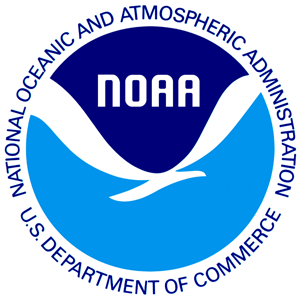Desmond J. Maynard, Ph.D.
Background
In 1976 Dr. Desmond Maynard started at the center as a graduate student determining how petroleum hydrocarbons and dispersants affect the migratory behavior and sensory physiology of Pacific salmon. In 1980, with Center support, he launched his Ph.D. research establishing juvenile coho salmon use their median fin white area to signal their relative fighting ability and that this signaling system is evolutionary stabilized by their "likes will fight" social structure. Des was also a teaching assistant/lecturer for courses in ichthyology, physiology, and fish behavior at the University of Washington and instructed courses in fisheries management, marine biology, water resources, biological methods, chemical methods, aquaculture, and wildlife science at Grays Harbor College. In 1988 Des rejoined the Center researching the effects of tags and PIT-tag interrogation systems on salmon behavior and survival. He led the NATURES program evaluating the effects of seminautural culture strategies on the behavior and postrelease survival of Pacific salmon from 1991-2004. In 2000, as Hatchery Technology team lead, he took on management of the NWFSCs gene rescue and stock rebuilding programs for sockeye, Chinook, and pink salmon. Des led the acquisition and development of the NWFSC's state of the art freshwater culture and research facility at Burley, Washington. He was responsible for improving the reliability of the seawater processing system, replacing the aging seawater delivery pipeline, constructing the NOAA support pier, and construction of a conservation shellfish hatchery at the NWFSC's Manchester Research Station. Des has served on numerous interagency hatchery design, biological review, technical oversight, and recovery planning teams as well as the Hatchery Scientific Review Group. He earned his A. A. in Business Management from Cape Cod Community College (1970), B.S. in Marine Biology from the University of Massachusetts at Dartmouth (1973) and both his M.S. (1980) and Ph.D. (1987) in Fisheries Science from the University of Washington.
Current Research
Current research focuses on developing culture techniques to improve the viability and survival of salmon reared in conservation hatchery programs. Research is wrapping up on a study comparing the reproduction of sockeye adults undergoing final maturation under natural and artificial lighting. Studies are in progress or concluding examining the effect of ponding containers and incubation temperature profiles on the growth and 30 day survival of sockeye salmon fry. The scientific literature is being reviewed to improve our understanding of the role hatchery salmon play in the North Pacific ecosystem and how the use of hatcheries for conservation of Pacific salmon has evolved over time.
